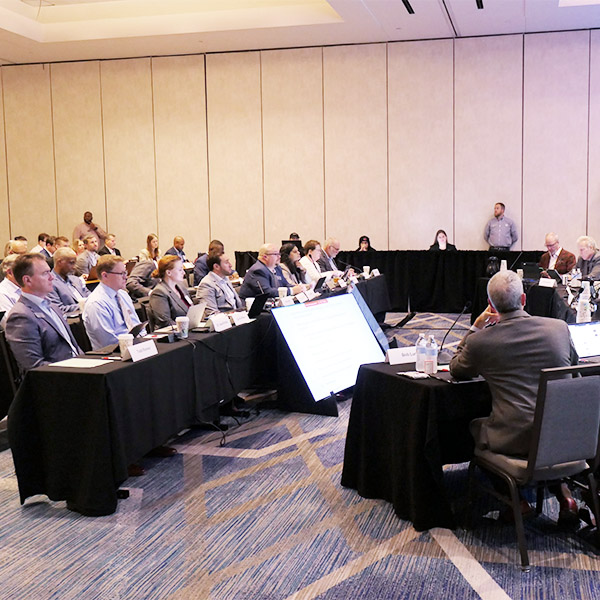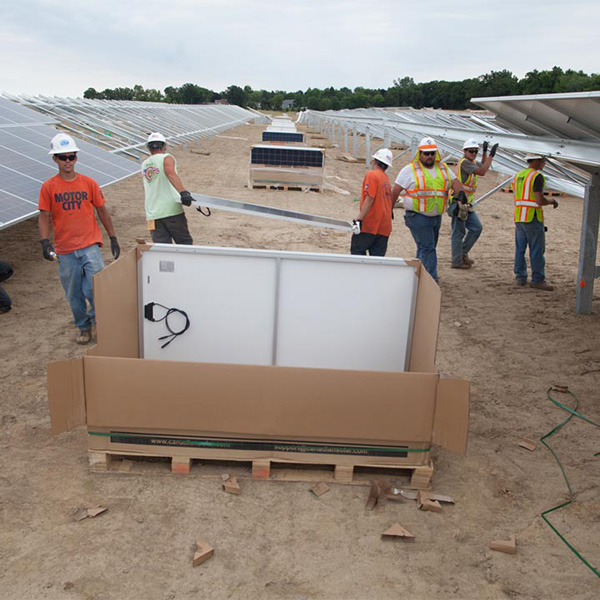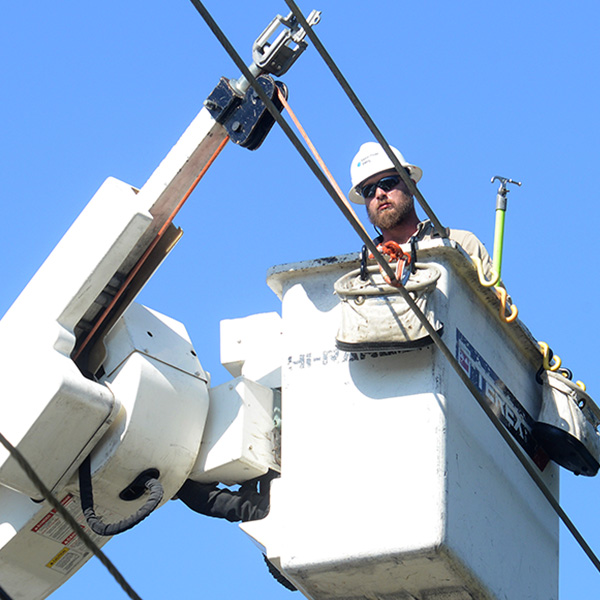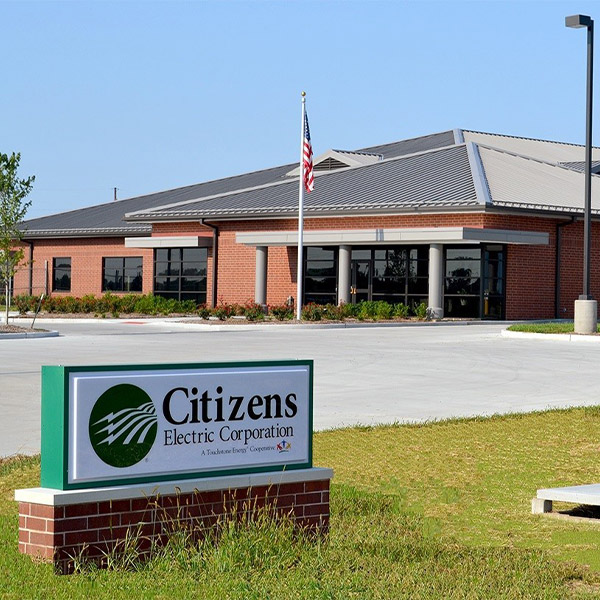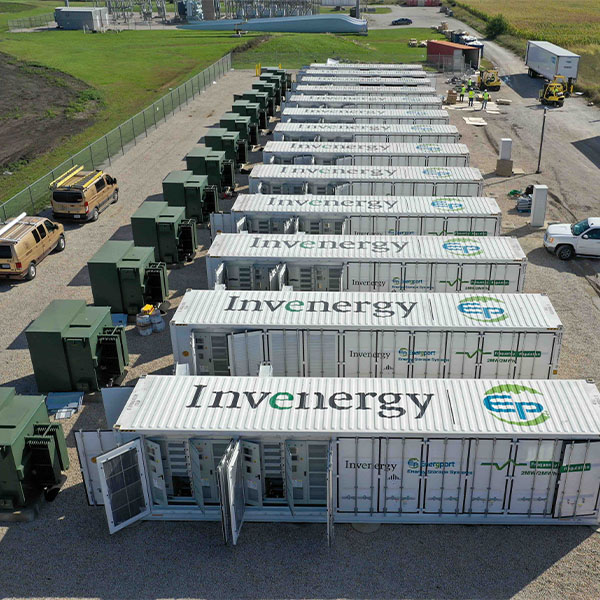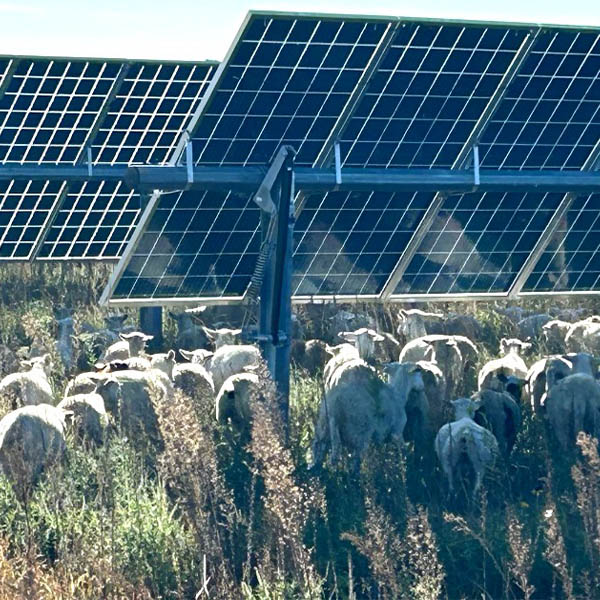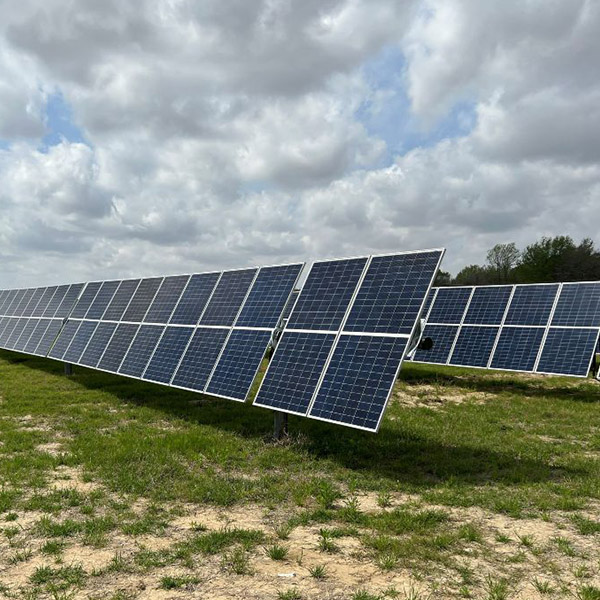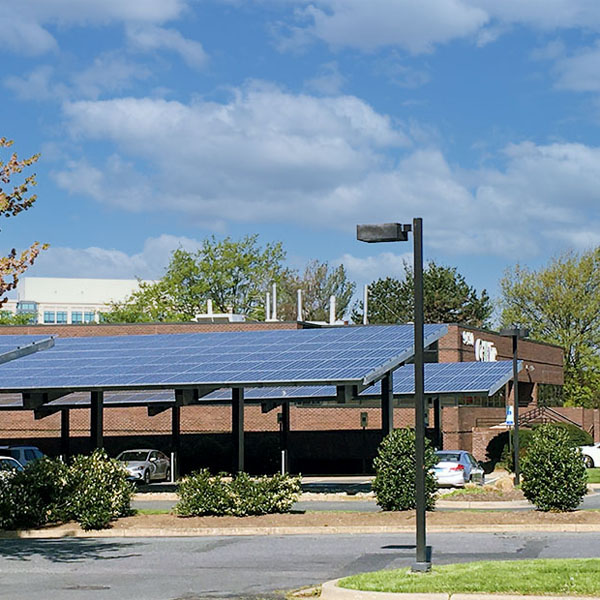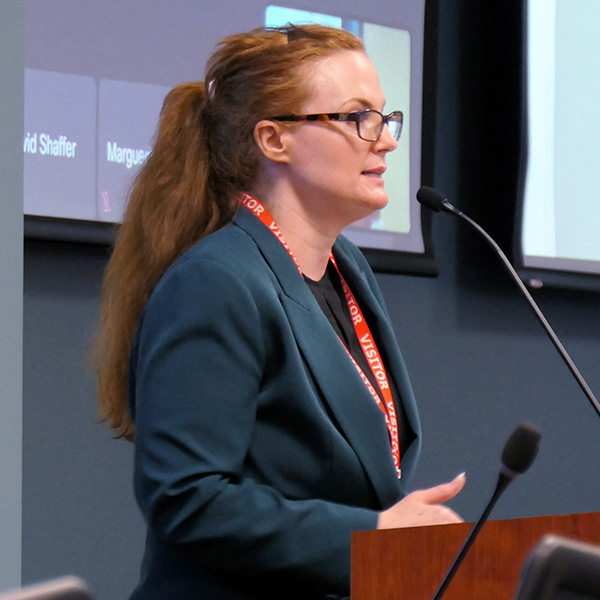MISO
MISO Advisory Committee (AC)MISO Board of DirectorsMISO Market Subcommittee (MSC)MISO Planning Advisory Committee (PAC)MISO Regulatory Organizations & CommitteesOrganization of MISO States (OMS)MISO Reliability Subcommittee (RSC)MISO Resource Adequacy Subcommittee (RASC)
The Midcontinent Independent System Operator is a regional transmission organization that plans transmission projects, administers wholesale markets for its membership and manages the flow of electricity in Arkansas, Illinois, Indiana, Iowa, Kentucky, Louisiana, Michigan, Minnesota, Mississippi, Missouri, Montana, North Dakota, South Dakota, Texas and Wisconsin.
Board members have directed MISO to seek guidance on the role of the Independent Market Monitor in transmission planning following a year of IMM David Patton criticizing MISO’s nearly $22-billion long-range transmission portfolio.
MISO members teed up a discussion on the approximately 57 GW of approved but unfinished generation in the footprint that will be a focal point of MISO’s quarterly Board Week in March.
LS Power has lodged a complaint against MISO for treating Indiana’s right of first refusal law as if it’s in effect when it’s under a preliminary injunction.
FERC ordered hearing and settlement proceedings into a Missouri electric distribution cooperative’s effort to split from the Wabash Valley Power Association and earn rates on its own as a transmission owner in MISO.
FERC has given MISO an all-clear to cap project hopefuls lining up for its overflowing generator interconnection queue at 50% of the RTO’s peak load.
MISO is pushing back a restart of its swamped generator interconnection queue by a few months while it tries to study through the backlog with tech company Pearl Street.
FERC rejected MISO’s attempt to implement a blanket, two-year extension of commercial operation dates for generation developers that entered the interconnection queue about seven years ago.
Voltus filed a complaint with FERC against MISO, alleging the RTO’s “11th-hour” changes in testing and contract proof requirements ahead of the spring capacity auctions will harm demand response resources and affect rates.
Groups of generation owners and developers have asked MISO to adopt a queue fast lane only as a last resort and employ a more limited process that involves scoring criteria to gain entry.
MISO’s Independent Market Monitor said ramping needs north of 10 GW are becoming increasingly common and MISO should expect challenges ahead as its solar fleet expands.
Want more? Advanced Search
